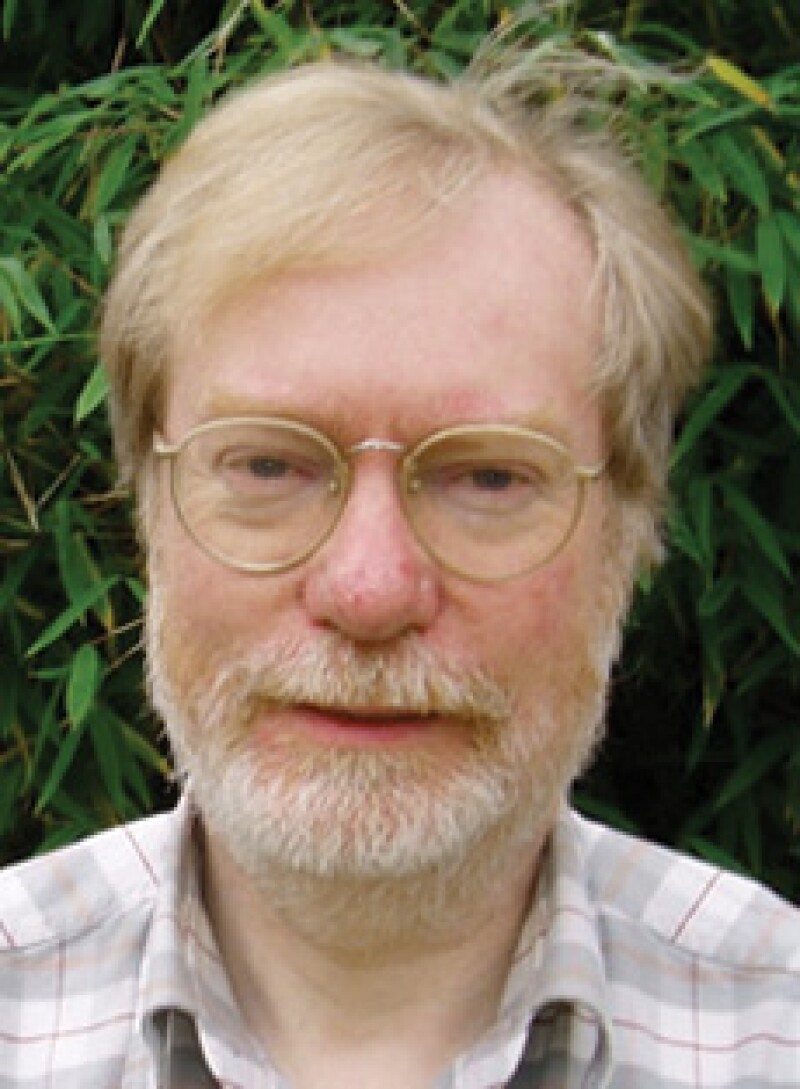
Sometimes it is difficult to overstate the impact of an issue. At the same time, it is not always possible to identify the people that have had the most say in making that issue one that matters. Sometimes the person in the background has the most impact.
That is something like what it was in 2013 on the issue of tax, particularly in developing countries, for Paul Collier, the director of the Centre for the Study of African Economies and professor of economics and public policy at the University of Oxford.
Well known only in academic and public policy circles before this year, it was he to whom David Cameron, also a member of this list, turned for advice when the UK prime minister determined that tax and trade would be on the agenda of the G8 heads of government summit he hosted at Lough Erne in Northern Ireland in June.
And Collier is well qualified to be an adviser to global politicians. Between 1998 and 2003, he took a break from academia to be director of the research development department of the World Bank and his areas of interest include governance in low-income countries, especially the political economy of democracy, economic growth in Africa, economics of civil war, aid, globalisation and poverty.
Collier was prominent in briefings after the signing of the declaration at Lough Erne that committed the leaders to establishing the automatic exchange of information between the tax authorities as the global standard.
"We will work to create a common template for multinationals to report to tax authorities where they make their profits and pay their taxes across the world," the G8 communiqué said.
Collier was quoted by journalists at the meeting as saying that the G8 was committed to “cracking open those secrecy havens” to help African and other developing nations make the most of their resources.
The professor was not solely responsible for bringing the world’s attention to the issue of how tax collection can help poor countries grow their economies. That story was being told for a few years before that. But he certainly was influential in ensuring that it was one of the biggest political and economic issues of 2013. It is a story that is unlikely to go away.
The Global Tax 50 2013 |
||
|---|---|---|
Palaniappan Chidambaram |
Pierre Collin and Nicolas Colin |
|









